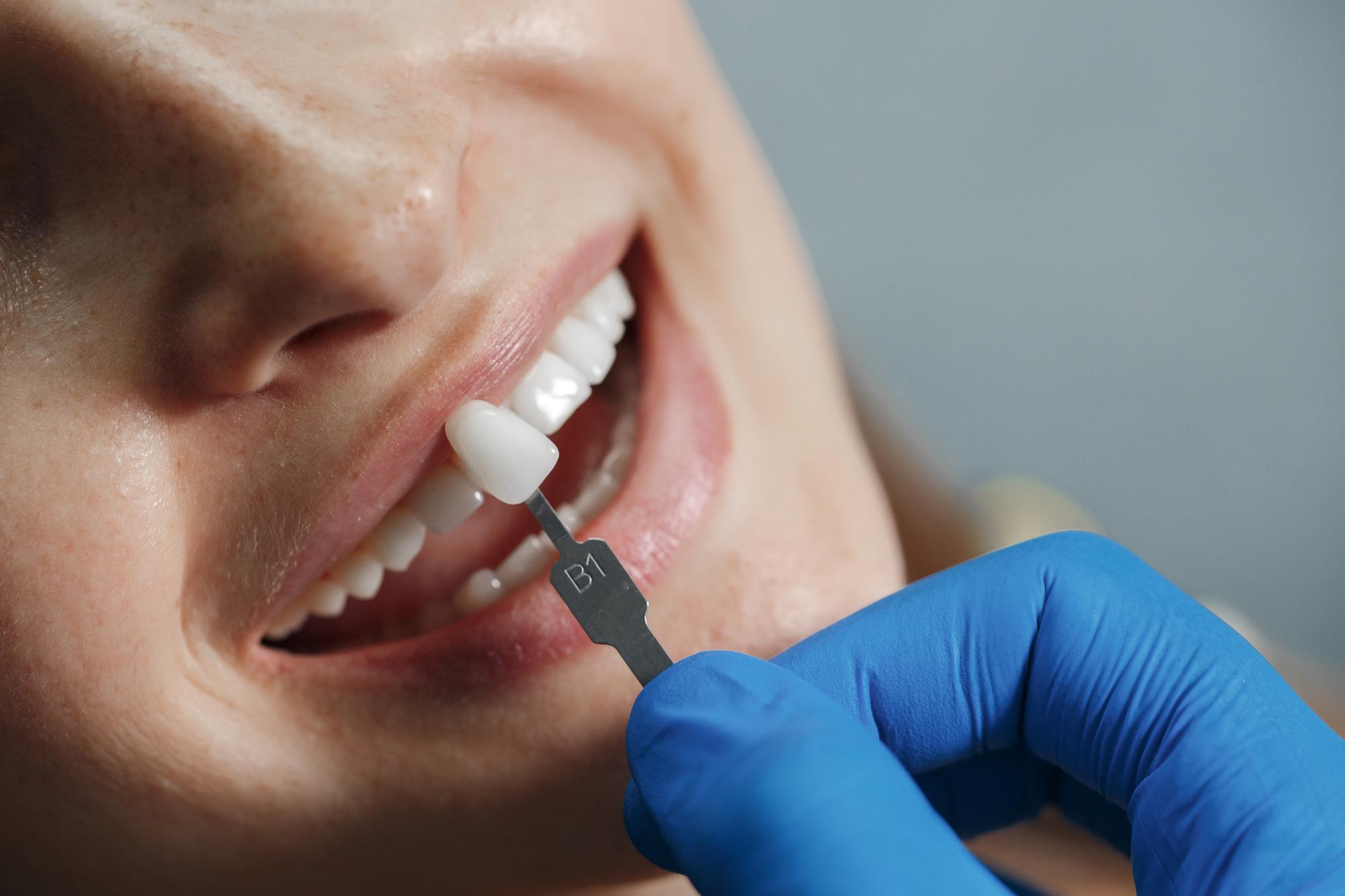Restore Your Smile’s Strength and Beauty
What is a Dental Crown?
A dental crown is a custom-made cap that is placed over a damaged or weakened tooth. It acts as a protective shield, restoring the tooth’s original strength, shape, size, and appearance. Crowns are meticulously crafted from high-quality materials such as porcelain, ceramic, or metal alloys, designed to blend seamlessly with your natural teeth.
How Dental Crowns Work?
When a tooth is compromised by extensive decay, fracture, or significant wear, a dental crown provides comprehensive coverage. After preparing the tooth, an impression is taken to create a perfectly fitted crown. This crown is then permanently bonded to your tooth, encasing the entire visible portion above the gum line. This process not only reinforces the weakened tooth but also protects it from further damage, allowing it to function normally and blend aesthetically with your smile.
Why Consider a Dental Crown?
Considering a dental crown means choosing to preserve your natural tooth and enhance your oral health. Crowns are an excellent solution for protecting a weak tooth from fracturing, restoring an already broken tooth, covering a dental implant, or improving the appearance of a discolored or poorly shaped tooth. They offer a durable and long-lasting solution that can significantly improve your chewing ability, speech, and overall confidence in your smile. Investing in a dental crown is an investment in the long-term health and beauty of your smile.
FAQ
What is the difference between dental crowns and bridges?
The way dental bridge and dental crown work is the biggest difference between them. Dental crown covers an existing tooth, whereas a dental bridge fills up the gap left by one or more missing teeth. Your dentist can provide you with more information about crowns and bridges, two related dental treatments.
What are the different types of dental crowns?
The following are the main crown types used in dentistry:
- All Porcelain Crowns
- Porcelain Fused-to-Metal Crowns (PFM)
- Zirconia Crowns
- E- MAX: Lithium Disilicate Crowns
Which is better, dental crowns or dental implants?
Depending on your particular dental needs, preferences, and financial situation, you can choose between receiving a crown or an implant. Dental crown covers an existing tooth. To replace a lost tooth or teeth, Dental bridge or dental implant are used. In dental Implant a tooth will be fixed straight to the jawbone. A dental crown or bridge, on the other hand, uses the natural teeth for support.
Is crown preparation painful?
No, the dentist will give you local anesthesia to numb the tooth and the surrounding tissues before preparation. After the crown is placed and the anesthesia fades, the patient may likely feel some discomfort or perhaps sensitivity. If the discomfort doesn’t go away, the crown may be placed too high over the tooth. To get this fixed in this situation, the patient should give their dentist’s office a call and make an appointment.


